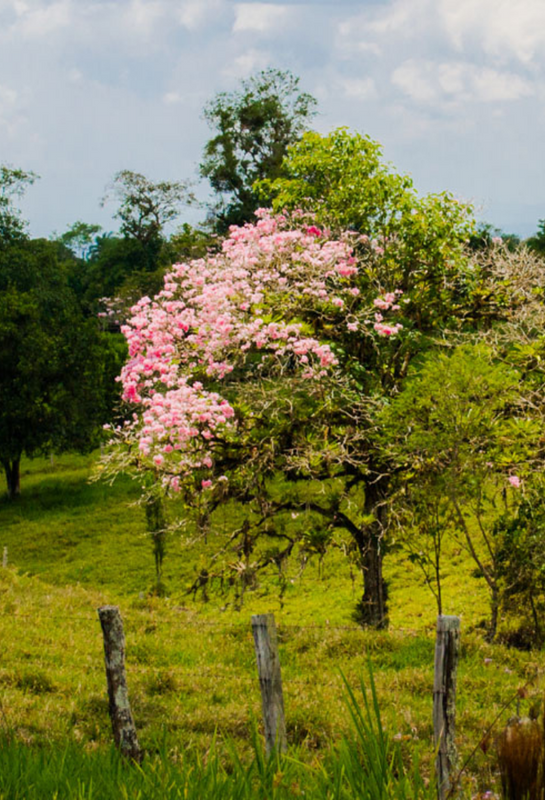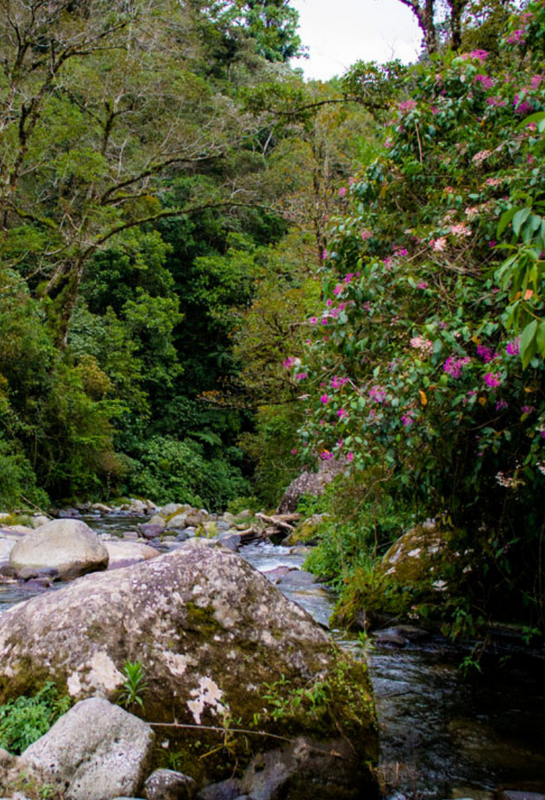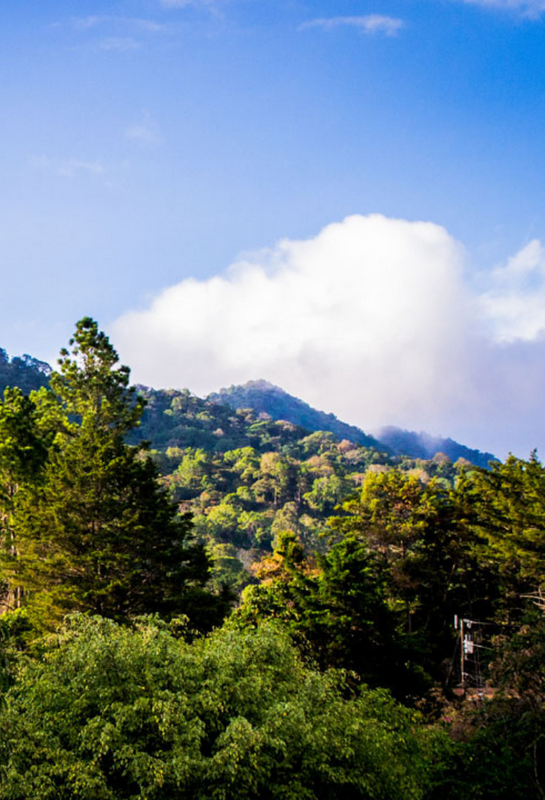
Ristningsgrad
1 ud af 6
Smagsnoter
Notes of fruit salad, strawberries, dark cherries and ice-cream
Ristning
Stronghold S7
Batch størrelse
250g - 750g
Sluttemperatur
198.0°C
Tid
7.45 minutter
Kaffeproduktionen i Panama har en lang og rig historie, der går tilbage til slutningen af det 19. århundrede. De første kaffeplanter blev introduceret til Panama i 1850'erne af spanske immigranter og blev hurtigt en vigtig del af landets landbrugsindustri.
I begyndelsen af det 20. århundrede oplevede Panama et boom i kaffeproduktionen, hvor mange store kaffeplantager blev etableret i Chiriqui-provinsen. Dette område blev kendt for sin kaffe af høj kvalitet, og i 1930'erne eksporterede Panama store mængder kaffe til Europa og Nordamerika.
Midt i det 20. århundrede oplevede kaffeproduktionen i Panama dog et fald på grund af en kombination af faktorer, herunder tab af jord til andre afgrøder, spredning af sygdomme og manglende investeringer i kaffeproduktionen. Som følge heraf faldt kaffeproduktionen dramatisk, og i 1980'erne var den ikke længere en væsentlig del af landets økonomi.
I de senere år har kaffeproduktionen i Panama oplevet en genopblomstring, delvist drevet af den stigende efterspørgsel efter specialkaffe af høj kvalitet. Dette har ført til udviklingen af nye kaffesorter, såsom den berømte Geisha-kaffe, samt væksten i småskala kaffeproduktionssamfund.
I dag er Panama igen en betydelig kaffeproducent med en blomstrende specialkaffeindustri, der eksporterer kaffe af høj kvalitet til kaffeglade mennesker verden over. Landets kaffeindustri fortsætter med at vokse og udvikle sig og er en vigtig del af Panamas økonomi og kulturarv.

FINCA DEBORAH
Finca Deborah is shrouded in rainforest cloud coverage for much of the year. The plantation is a beautiful, natural environment where rare species of plants and animals are abundant, left undisturbed under the canopy. No gas powered machines, harsh chemical pesticides or herbicides are used during the cultivation of the farm. Natural, organic fertilizers are used in combination with organic weed control to maintain a balance between the coffee trees and unwanted undergrowth.
Because of Finca Deborah’s lofty altitude, diseases are naturally kept to a minimum. Temperature alone makes for an inhospitable place for fungal issues and other unwanted diseases. This allows the coffee trees to focus on producing beautiful fruit instead of wasting valuable energy defending themselves from disease. Insect concerns are also minimized due to the elevation. These positive benefits are felt administratively as well and translate into lower costs and reduced production volatility.

The extreme elevation and reduced temperature slows the metabolism of the trees. These cold temperatures, reaching 10 C, permit the trees to push more sugars into the cherries during production. Additionally, Deborah has ideal rainfall averaging 2200 mm per year. Combined, these two important variables contribute greatly to Deborah’s intensely sweet and complex cup profile. It is an extraordinary environment for growing any variety of coffee, but here one of the world’s most complicated varieties of coffee, Geisha, not only grows successfully but also thrives.

VOLCAN-BOQUETE
The Panamanian coffee industry is centered in the Chiriquí province of Panama’s northern highlands and is concentrated in the areas of Boquete, Volcán, and Renacimiento. Also called the Valley of Flowers and Eternal Spring, these areas are perched on the sides of the Baru Volcano and overlook the beautiful Caldera River. It is in these idyllic locales that the truly distinct and unique coffees are produced. The highlands are blessed with volcanic enriched soil, abundant moisture, regular rainfall, dense vegetation, and cloud cover to nourish the coffee trees, which in turn produce high grade beans with rich flavor. The many different microclimates also assist in producing coffee beans with a great variety of taste characteristics.






